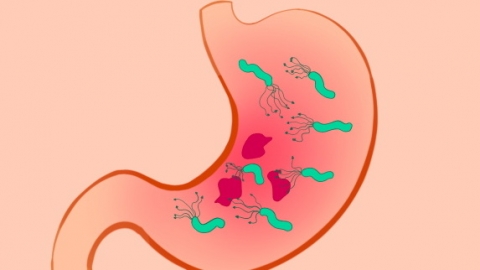Can Helicobacter pylori be killed by high temperatures?
Generally, high temperatures can kill Helicobacter pylori (H. pylori), but a certain temperature and duration are required, with slightly varying high-temperature conditions needed in different scenarios. A detailed analysis is as follows:

H. pylori is relatively sensitive to high temperatures. In boiling water at 100°C, it can typically be killed after boiling continuously for 1-2 minutes. If the temperature is slightly lower, around 80°C, the duration needs to be extended to more than 10 minutes to ensure effective eradication. In daily diets, thoroughly cooking foods such as meat, eggs, and soy products until their internal temperatures reach the required level for killing H. pylori can prevent its ingestion through food.
For items such as tableware and kitchen utensils, high-temperature disinfection can eliminate any residual Helicobacter pylori. For example, boiling tableware in water for 3-5 minutes or using a disinfection cabinet that reaches 120°C for more than 15 minutes can achieve effective disinfection.
In daily life, developing good habits regarding food hygiene is very important. For example, avoiding drinking untreated water, not eating undercooked food, and regularly disinfecting tableware at high temperatures can effectively reduce the risk of H. pylori transmission and infection, thus maintaining gastrointestinal health.






